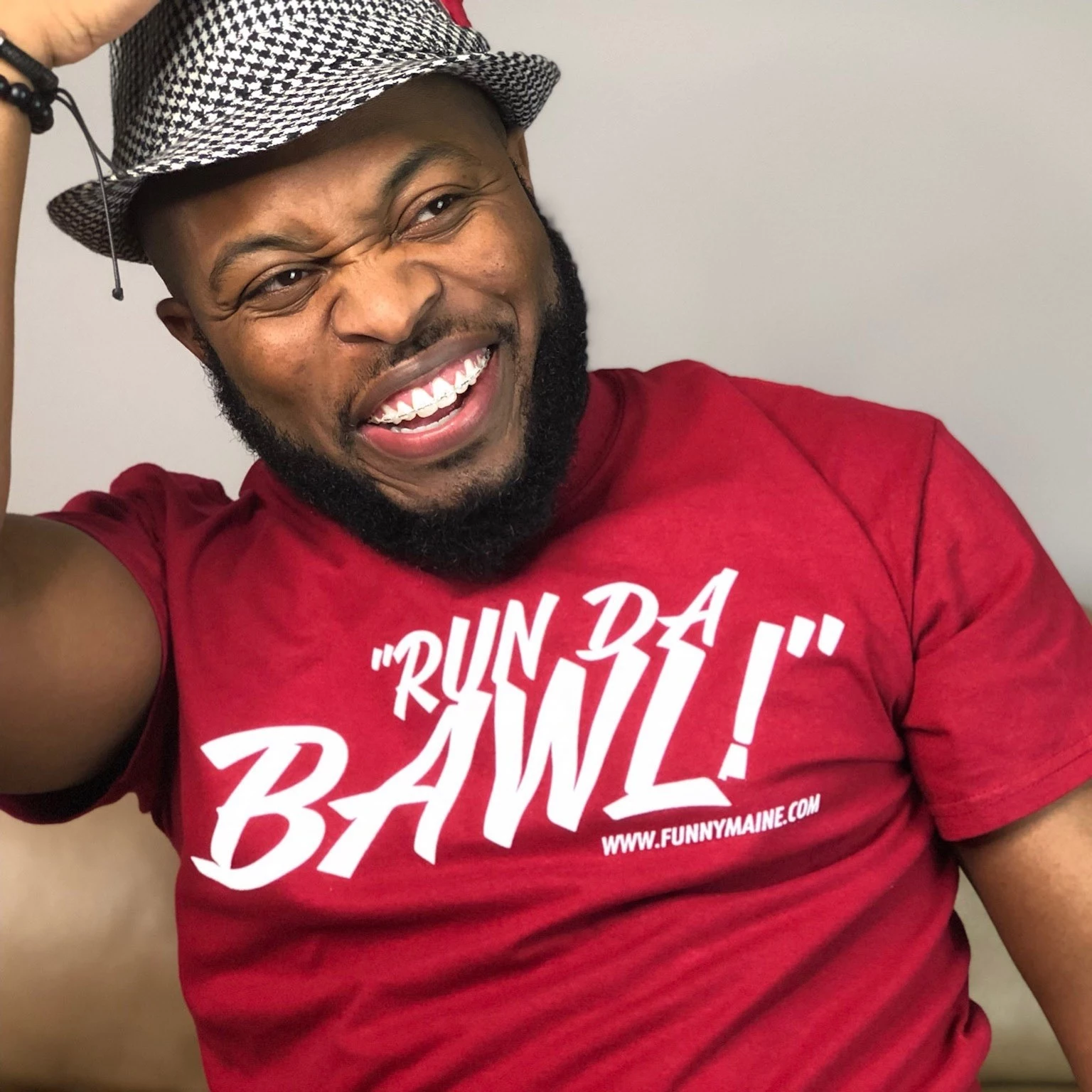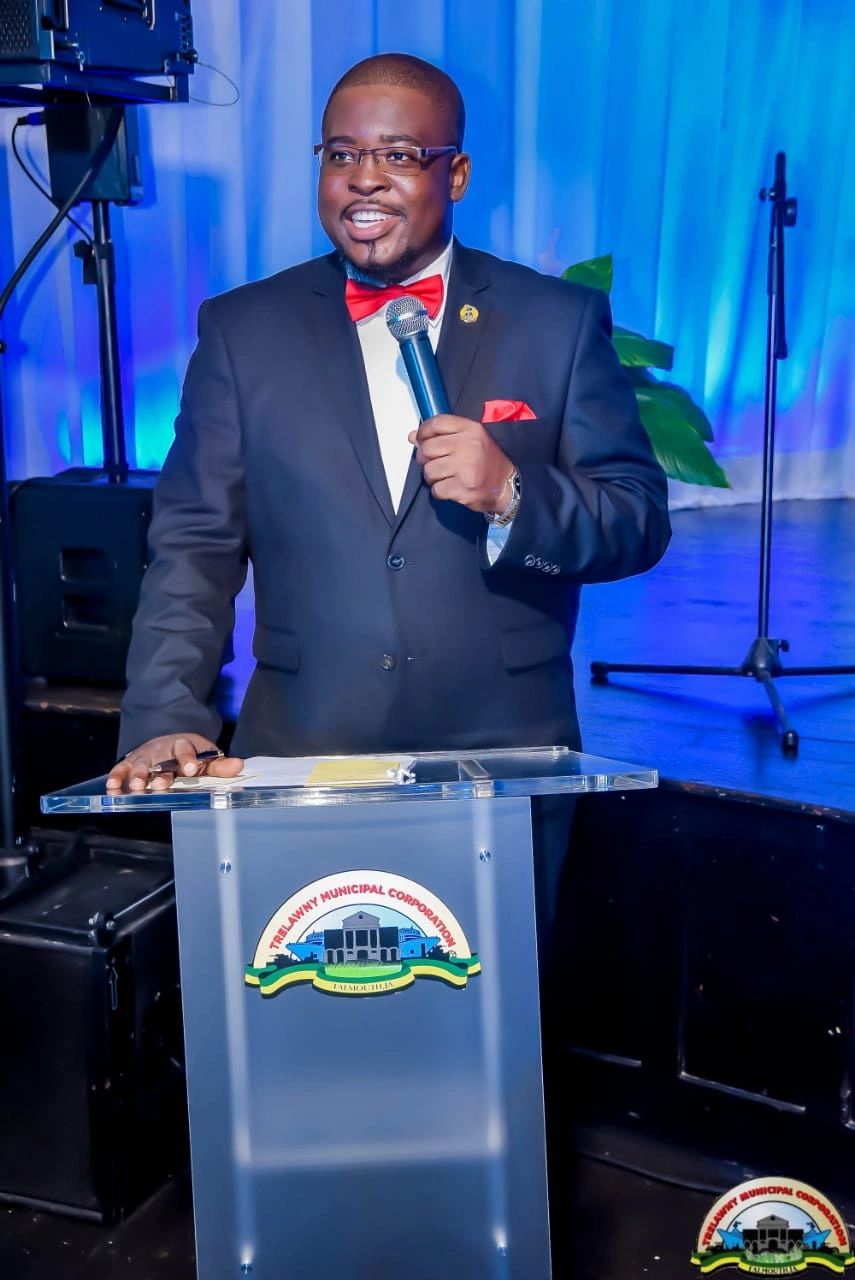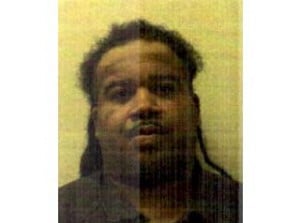


Investigating issues linked to Russia was, Mr Steele said, his "unique selling point". "The way they treated us was as they had in government as a colleague and a trusted ally," he said. It was the start of a relationship that ran for the next six years, including while he was compiling the Trump dossier, with Mr Steele receiving payment for his work, or sharing his information voluntarily when he thought national security was a stake. Mr Steele still had connections with the FBI from his time in government. Orbis decided to share the information they gleaned with the Federal Bureau of Investigation (FBI) in the United States. "This had become really a state sponsored operation and an attempt to win the award of the tournament in 2018 by fair means and foul, and that it was essentially an intelligence operation." Moscow "wasn't playing by the rules, which is no great surprise", Mr Steele said. One of their first big investigations was in 2010, looking into suspected corruption around Russia's bid to host the 2018 football World Cup. And I think that's now very much in question." And I think one of the things that is really concerning is that we'd come to believe that all things being equal, people chose democracy and the rule of law and human rights. "There was a lot of complacency about the end of history, about the triumph of democracy. "We definitely took - us as a government, as a country - our eye off what was happening in Russia and in China," he said. He recalled a shift in focus by the security and intelligence agencies following the end of the Cold War and the invasions of Afghanistan and Iraq, with attention switched from Russia to countering Islamist terrorism. Mr Steele was limited in what he could say about his time in government service, but it is where he developed his Russia expertise, rising to become MI6's top Kremlin expert. "It's possible he even served me a cup of tea, although hopefully not with poison in it," he said, with a smile - a reference to a poisoned cup of green tea Russia is accused of using to kill a former Russian spy called Alexander Litvinenko in London in 2006. Mr Steele also thought he may have met Mr Putin when he took a delegation of senior officials to the city of St Petersburg, where the future Russian president was working, the following year.

"He asked me what I did in the embassy, and I said that I kept a close eye on him and he thought that was funny."

The whole world's press was there and I was left to talk to him," he said. And somehow Mr Gorbachev, who was at that point the most famous person in the world, I would say, appeared by the cars without my ministers. Mr Steele was partly responsible for organising their meetings, including one at the Kremlin. One particularly memorable moment was in 1991 when then prime minister John Major and his foreign secretary, Douglas Hurd, travelled to Moscow to meet president Gorbachev. He found himself, engaged and then married, living in Moscow and working at the British embassy from 1990 to 1993 - witnessing the historic collapse of the Soviet Union and its aftermath. At the time, it was the late 1980s, the Cold War was nearing its closing stages and the Soviet Union was creaking. Keen to start work as quickly as possible, he agreed to study Russian. "I do remember it was particularly rowdy that night and I had to intervene quite a lot from the chair to keep order in the chamber," Mr Steele said. The motion for debate was: This House believes Oxford and Cambridge should kiss and make up. The Oxford team had come over on coaches and had been drinking on the way across and were very merry by the time they arrived here. Mr Steele recalled a debate between the two universities that he presided over in Cambridge, with the future prime minister heading the visiting team.Īsked what his memory was of Mr Johnson from that night, he said: "Not entirely sober was my recollection. The son of a meteorologist, Mr Steele spent a lot of his childhood based overseas - an early exposure to foreign travel that he said fed an interest in world affairs.Ī student of social and political sciences at the University of Cambridge, he also developed a love of debating, becoming president of the Cambridge Union at the same time as a certain Mr Johnson held the same position at the rival Oxford Union.


 0 kommentar(er)
0 kommentar(er)
